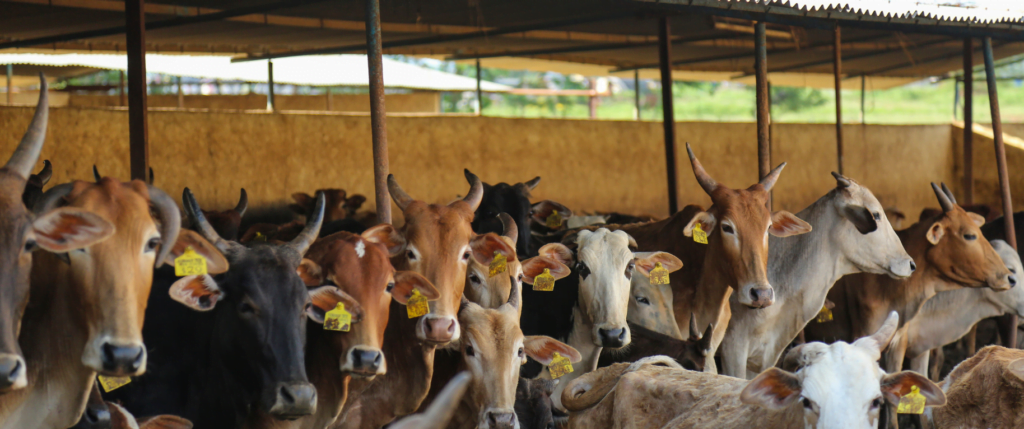How Gaumutra Keeps Your Skin and Liver Healthy

Gaumutra Benefits For Skin and Liver
Gaumutra, also known as cow urine, has been used in traditional Indian medicine for centuries. It is considered sacred in Hindu culture and is believed to have numerous health benefits. Recent studies and anecdotal evidence suggest that gaumutra can be particularly beneficial for skin health and liver function. Let’s explore these benefits in detail.
1. Gaumutra and Skin Health
- Natural Antiseptic: Gaumutra has powerful antiseptic properties. It helps cleanse the skin by killing harmful bacteria, reducing the risk of infections and acne. Applying diluted gaumutra to the skin can promote a clear and healthy complexion.
- Anti-inflammatory Effects: The anti-inflammatory properties of gaumutra can help reduce redness and swelling associated with skin conditions like eczema and psoriasis. Regular use can soothe irritated skin and promote healing.
- Rich in Nutrients: Gaumutra contains various nutrients such as vitamins, minerals, and enzymes that nourish the skin. These nutrients help maintain skin elasticity, improve texture, and give the skin a natural glow.
- Detoxification: Applying gaumutra to the skin can help detoxify the pores, removing toxins and impurities. This detoxifying effect can lead to fewer breakouts and a more radiant complexion.
- Anti-Aging Benefits: The antioxidants present in gaumutra can help combat free radicals, which are responsible for aging signs like wrinkles and fine lines. Using gaumutra regularly can help keep the skin looking youthful and fresh.
2. Gaumutra and Liver Health
- Natural Detoxifier: Gaumutra is known for its detoxifying properties, which are beneficial for liver health. It helps flush out toxins from the body, reducing the liver’s workload and promoting overall liver function.
- Stimulates Liver Function: The active compounds in gaumutra can stimulate liver activity, helping it to produce more bile. Bile is essential for the digestion and absorption of fats, which is crucial for maintaining healthy liver function.
- Prevents Liver Diseases: Regular consumption of gaumutra can help protect the liver from various diseases such as hepatitis, cirrhosis, and fatty liver disease. Its antibacterial and antiviral properties help in keeping infections at bay.
- Boosts Metabolism: A healthy liver is key to an efficient metabolism. Gaumutra aids in maintaining liver health, which in turn boosts metabolism and helps in better digestion and nutrient absorption.
- Rich in Antioxidants: Gaumutra contains antioxidants that protect liver cells from oxidative damage. This protection is crucial in preventing liver diseases and maintaining overall liver health.
3. How to Use Gaumutra – Gaumutra Benefits For Skin and Liver
For skin: Mix a small amount of gaumutra with water and apply it to the skin using a cotton ball. Leave it on for 10-15 minutes before washing off with water. This can be done once daily or a few times a week, depending on your skin’s sensitivity.
For liver health: It is advisable to consume gaumutra in a diluted form. Mix a few drops with water and drink it on an empty stomach in the morning. Start with a small amount to see how your body reacts and gradually increase the dosage if needed.
Conclusion
Gaumutra Benefits For Skin and Liver – Gaumutra is a natural remedy with numerous benefits for both skin and liver health. Its antiseptic, anti-inflammatory, and detoxifying properties make it a valuable addition to your skincare routine and liver health regimen. Always consult with a healthcare professional before starting any new treatment, especially if you have pre-existing health conditions.
Embrace the power of Gaumutra and experience the natural benefits it has to offer for your skin and liver.
Also check out our YouTube Channel







